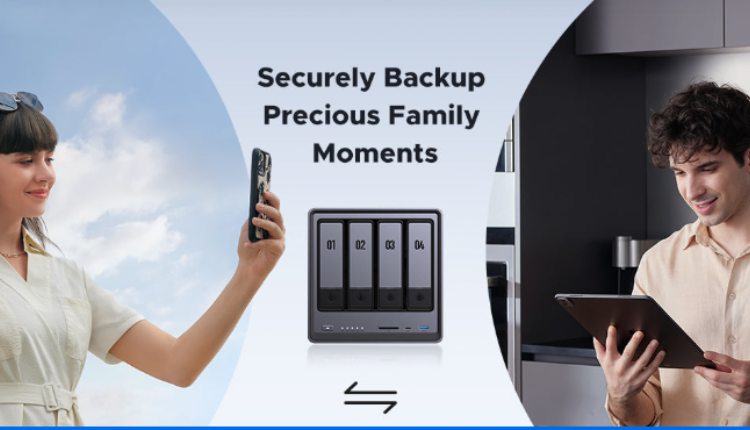In today’s digital age, our devices are constantly filling up with 4K videos and high-resolution photos. While external hard drives offer temporary relief, they come with significant limitations – you can’t access files remotely, sharing is complicated, and there’s always the risk of drive failure.
Enter Network Attached Storage (NAS), your personal private cloud that lives at home or in your office. As its name suggests, a NAS connects to your network, allowing authorized users to access files from any device, anywhere, without physically plugging into the drive.
What Can a NAS Do For You?
Understanding your storage needs is crucial for choosing the right NAS solution. A typical business user might need to share Office documents and perform regular system backups, which requires relatively simple NAS capabilities. However, home users face different challenges. Click to read more:what is nas?
Home Usage Scenarios
-
Media Streaming: Stream your 4K movies to multiple devices simultaneously
-
Photo Library: Create a centralized hub for your growing digital photography collection
-
File Backup: Automatic data backup for all family devices
-
Remote Access: Reach your files securely from anywhere
Business Applications
Small businesses typically require:
-
Shared access to work documents
-
Team collaboration tools
-
Automated backup solutions
-
Enhanced data security measures
Choosing the Right NAS System
The most critical specification for any NAS unit is its maximum storage capacity. This is determined by:
-
Number of drive bays (typically 1-8 for consumer models)
-
Types of drives supported (3.5-inch vs 2.5-inch)
-
RAID configuration options
For most home users, a two-bay NAS provides the perfect balance of storage and data protection through drive mirroring.
Essential NAS Features to Consider
The heart of any NAS system lies in its RAID configuration (Redundant Array of Independent Disks). This technology safeguards your data by distributing it across multiple drives, ensuring continuity even if one drive fails. Your NAS performance largely depends on its processor speed, RAM capacity, and network interface capabilities. For smooth operation, look for systems with at least Gigabit Ethernet ports and sufficient cache memory to improve frequent file access.
Operating System Capabilities
Modern NAS systems come with sophisticated operating systems that handle user management, mobile access, and automated backups. Many include built-in media server functionality, supporting DLNA and Plex for seamless media streaming across your network.
Hard Drive Selection Guide
Choosing the right drives for your NAS is crucial for long-term reliability. NAS-certified drives differ from regular desktop drives in several key aspects. They’re engineered for 24/7 operation, feature enhanced vibration tolerance, and are optimized for RAID configurations.
Leading NAS Drive Solutions
The market offers two primary choices for reliable NAS storage. The Seagate IronWolf series, designed specifically for home NAS systems, offers capacities up to 18TB and excellent RAID performance. Meanwhile, the** Western Digital Red** series provides reliable performance with its proprietary NASware technology, ensuring quiet and efficient operation.
Making the Right Choice for Your Storage Needs
When investing in a NAS system, consider your current needs and future growth. For most home users, a two-bay NAS with 4-8TB drives provides an excellent starting point, offering both capacity and data protection. Business users might want to consider four-bay systems for additional expansion options and enhanced redundancy. If you don’t know how to choose , click to read our dedicated 2bay VS 4bay NAS guide!
Remember that the total cost of ownership includes both the NAS device and compatible hard drives. While premium NAS-certified drives may cost more initially, their reliability and specialized features make them a wise long-term investment for protecting your valuable data.


